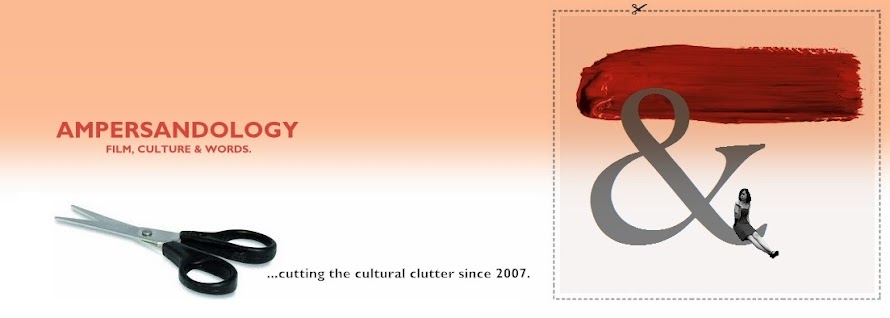Oh, J.D. You lovable scamp!
Anyone with half an ear tuned to the ground would have heard the literary stomp that came after the recent announcement of an unauthorized sequel to The Catcher in the Rye. J.D. Salinger, notoriously silent in the 40-odd years since the novel was published, is mad as hell, and he’s not going to take it anymore. He’s talking lawsuits, and he’s talking raining hellfire, and…it’s pretty much the first thing he’s talked in about 40 years.
And my response? Eh.
What can I say? Salinger’s solitude –driven, as I understand it, from the intense and somewhat misguided fervor of the novel’s fans—has become something of an American cultural touchstone. To seek out Salinger’s remote mountain location is to chase some simmering footnote of American memorabilia. Like Howard Hughes and his toenail jars, or the mother-daughter two-punch of Grey Gardens, Salinger’s willful exclusion reeks of an American experience so thoroughly out of place that of course it couldn’t happen anywhere else.
Let me expand. Few other cultures seem to grant this celebrity-like status on the members of its societies who decide to exclude themselves. America’s a funny place like that: while it was fostered on hard-boiled individualism and the triumph of will, it can’t help but point at the weirdoes who choose to exert that will in a way that goes against the populist grain. In other words, if you don’t join into the reindeer games, what the hell is wrong with you?
Anyway, I think the point I was trying to arrive at is that Salinger’s actions, in a way, created its own cult that probably extended the shelf life of his novel. In the interest of full disclosure, there’s no love lost between the original and I. I held off on reading it for the better part of my life because of its devoted cult-like following. I read it eventually, because I felt it was my cultural duty, but walked away with the reaction I suspected I would have: eh.
I’ll put my own personal animosity aside for a moment to say this: The Catcher in the Rye is fine. But it’s really a work that’s become bigger than itself. Holden Caulfield has been adopted into the popular mindset, if not in name, at least in spirit. Could it be, then, that Salinger’s "most powerful…most eloquent, perhaps his most lasting work of art" is his silence and disavowal of society, as Ron Rosenbaum suggests?
If that’s true, then kudos on the commitment. This guy could put Brando to shame.
For an article comparing this latest controversy to one involving Vladimir Nabokov, an author of profound merit, read Ron Rosenbaum’s latest at Slate.com.

No comments:
Post a Comment